Event
Have an Election Conversation
You are not alone! Bad Actors divide and distract voters across the country for their own personal gain. The good news is that we can ALL make a big difference in our communities.
Use our tools and resources designed to empower trusted messengers as we navigate conversations about media literacy and election lies.
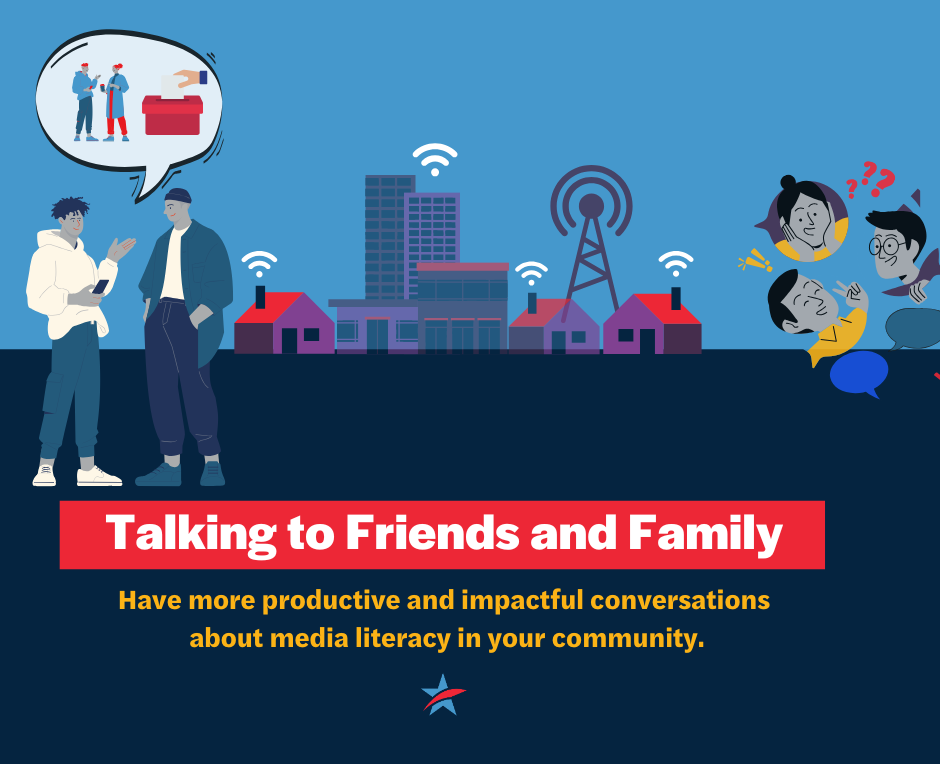
These converations are important and impactful
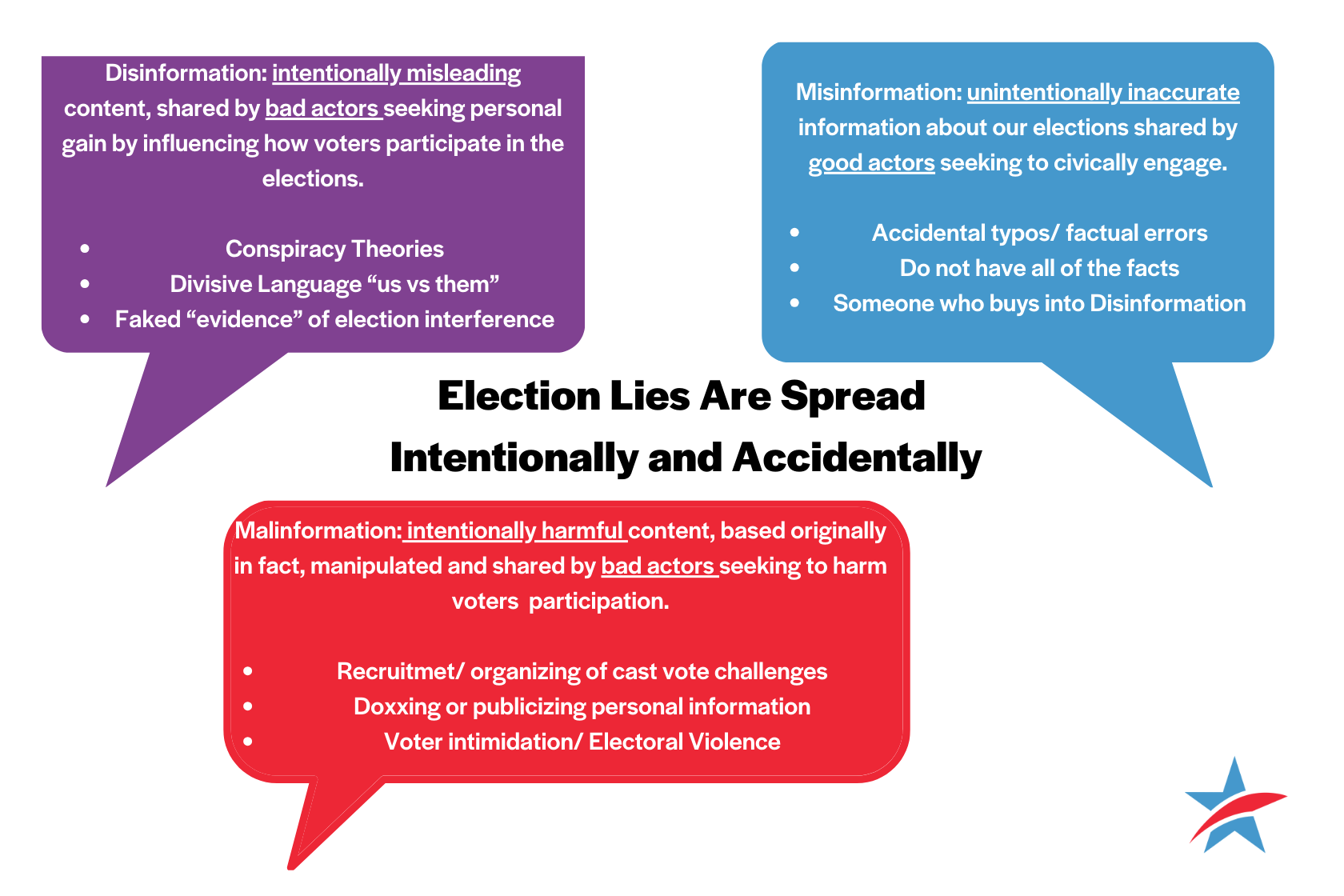
Election lies can spread and confuse voters in our communities.
Misinformation is when someone accidentally shares inaccurate information. This tends to happen when people attempt to share information; however we get things wrong because we do not have all of the facts. This includes our friends and family who have fallen victim to disinformation.
Election disinformation (and voter intimidation, disinformation’s close cousin) is a tactic that has been used for many years to suppress voters, particularly voters of color, students, and perceived political opponents.This has taken the form of offline disinformation (billboards, flyers, posters, phone calls, etc.) as well as online disinformation.
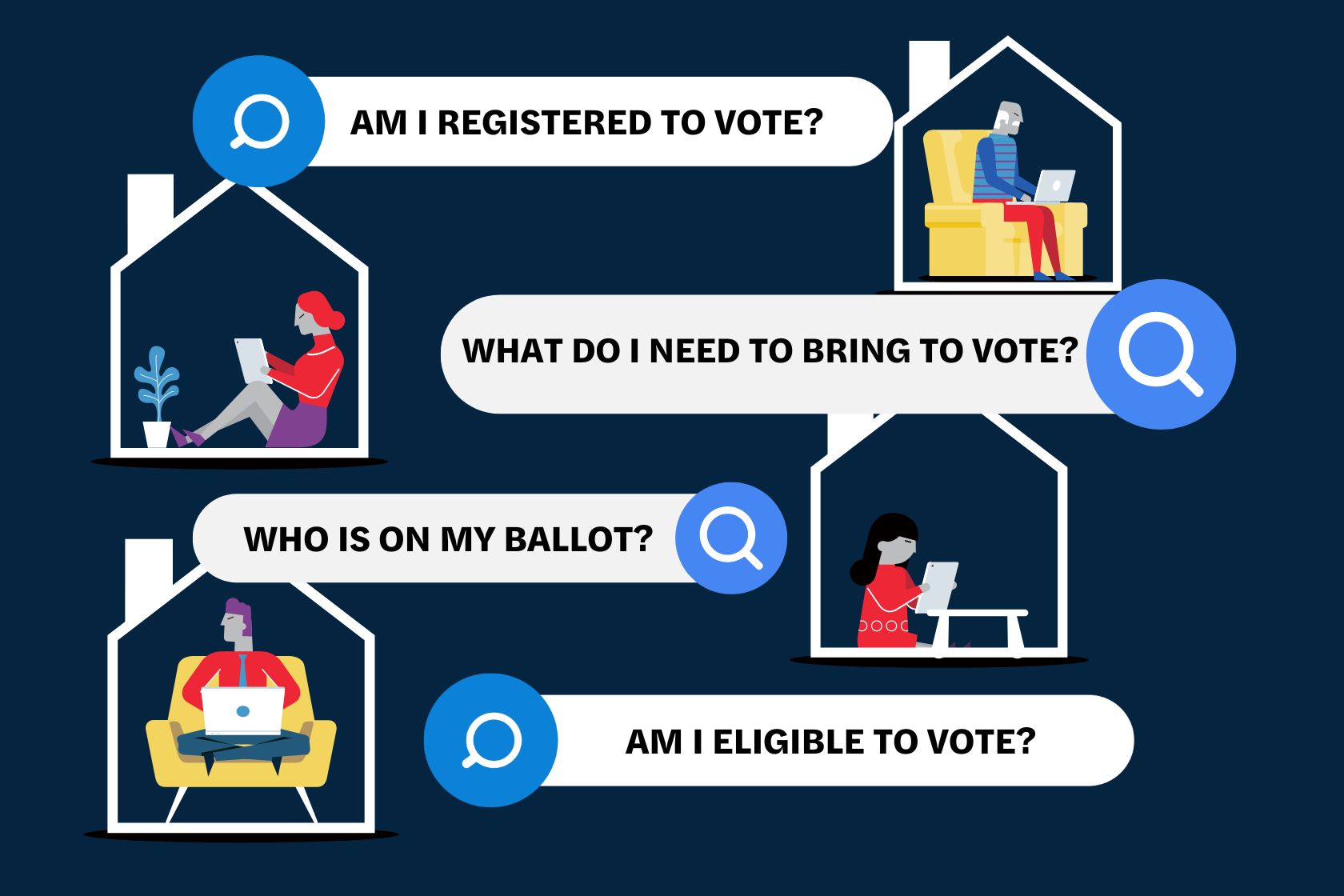
We know that inoculation messaging works!
We have knowledge of interventions that build community resilience to disinformation. What do we know:
- Pro-voter messages can be internalized
- These messages can spread through communities through conversation
- Trusted Messengers are effective at providing voters with accurate election information
- The result is higher participation in our democracy.
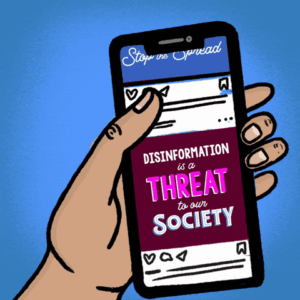 Over 50% of Americans use social media for their news. Election disinformation is not a new problem -social media supercharges the tactic and makes it increasingly prevalent and effective. Social media platforms have allowed bad actors to thrive as the tech giants have scaled back their content standards, monitoring and enforcement. StormWatch Report, 2024
Over 50% of Americans use social media for their news. Election disinformation is not a new problem -social media supercharges the tactic and makes it increasingly prevalent and effective. Social media platforms have allowed bad actors to thrive as the tech giants have scaled back their content standards, monitoring and enforcement. StormWatch Report, 2024
We must act to build community resilience to election lies while we hold Bad Actors and media platforms accountable!
Tips For Having Productive Conversations addressing Election Misinformation
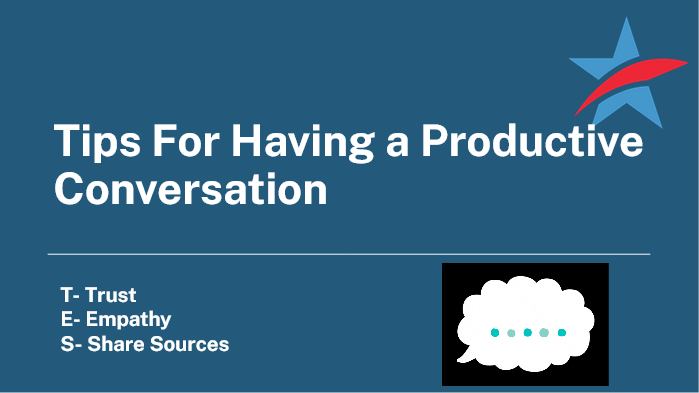
Use the TES Method
The TES method is modeled after Made to Save’s TEO Method for productive conversations about Covid-19 vaccines.
To have effective conversations with your loved ones about election disinformation, you must establish, build and maintain trust. Ensure that the other person knows that this is coming from a place of love, care, and the desire to connect them to election information.
Take care to be positive and not shame your loved one while correcting misinformation. Shaming your loved one can damage your status as a trusted messenger and could even cause this person to double down on sharing misleading content.
Connect on shared values . Disinformation takes our deepest held beliefs and warps them in ways that make it difficult to relate to one another. Through these conversations you can uncover that you both:
- Value secure and fair elections
- Value a Democracy where the people choose their government.
Ask for permission before sharing sources. The goal is not to tell someone what to do or think, it is to connect them to the information that they need to feel confident in participating in our elections.
Be prepared to direct your loved one to a trusted source and to have more conversations! Remember, you are more likely to make friends and family aware of a topic and your loved ones are more likely to turn to you to stay informed on that topic.
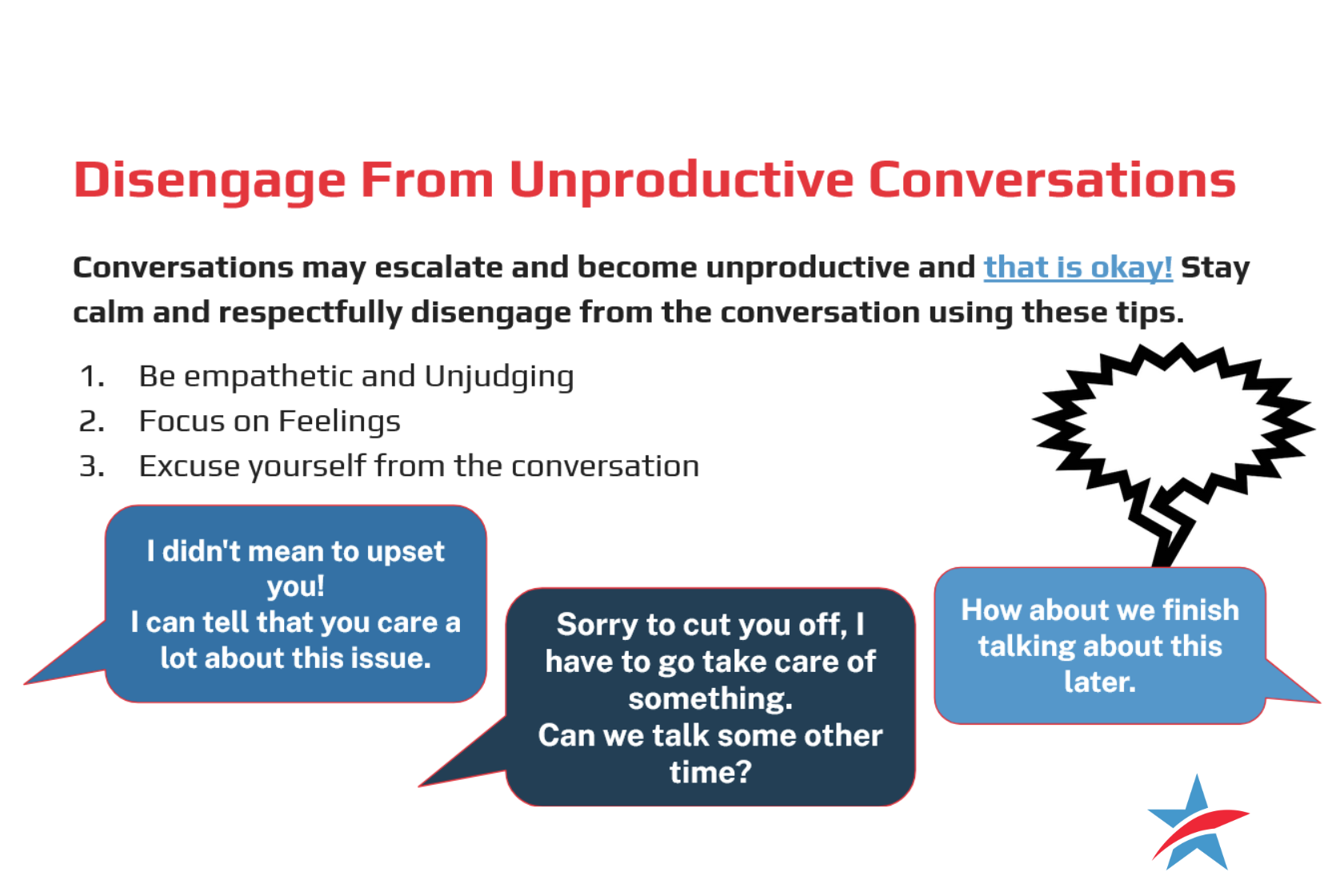
Disengage from Unproductive Conversations
While this method provides effective tips for smooth conversations about our elections, the conversation may still escalate.
Have realistic expectations with these conversations. You most likely will not change someone’s mind with a single conversation. It is always OK to disengage from a hostile conversation and where possible offer yourself for a follow up conversation.
Prioritize your well being and know when to disengage from the conversation. Having conversations where there is not a shared sense of fact or reality can be hard and may become unproductive.
Remember that you are not alone, people across the country are navigating these conversations. Our community of Digital Activists have been navigating these conversations are willing to provide support and advice for navigating these conversations.
Why Are these conversations so effective in defending your community against election disinformation?
Because, you have POWER as a Trusted Messenger!
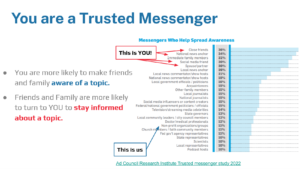 In an atmosphere of distrust we tend to turn to those we trust the most for information, and according to studies, those people are our friends and family members.
In an atmosphere of distrust we tend to turn to those we trust the most for information, and according to studies, those people are our friends and family members.
You are more likely to make friends and family aware of a topic and your loved ones are more likely to turn to you to stay informed on that topic.
That’s not to say it’s easy, it is difficult to correct election conspiracy theories, especially from those we know and love. But we have so much to lose by turning away from these conversations.
What do we have to gain from these conversations?
- Connecting with our friends and family members on shared values in a time of growing polarization.
- Sharing information despite existing during a climate of online lies and radicalization.
- Building Community resilience to anti-voter disinformation.
Need Support Navigating these Conversations?